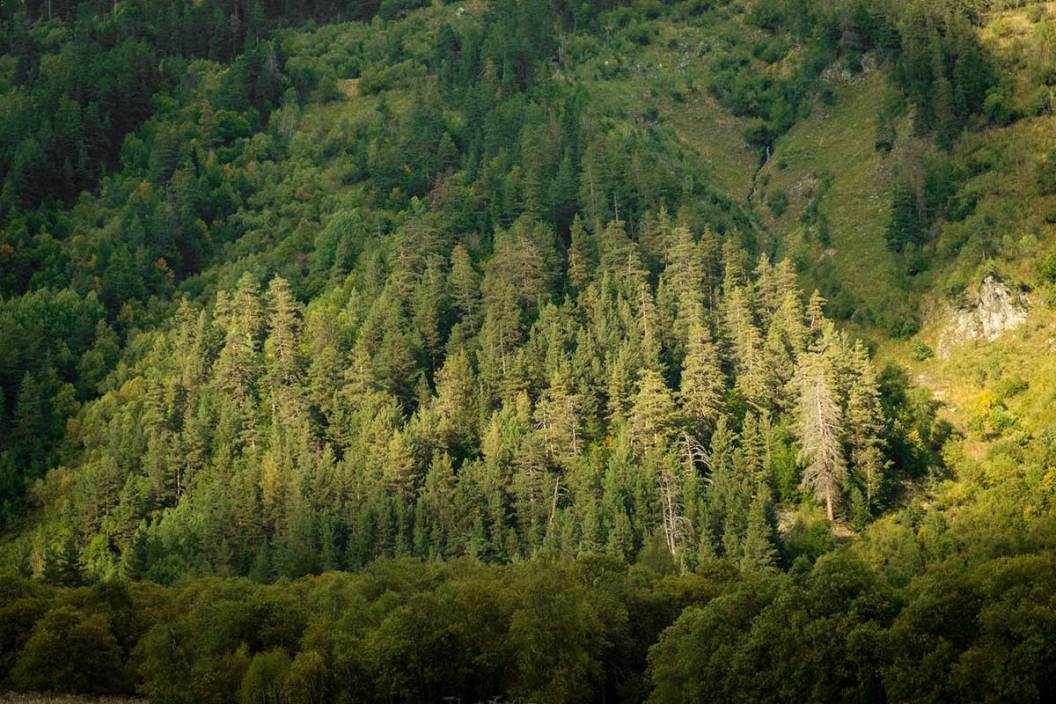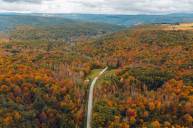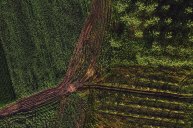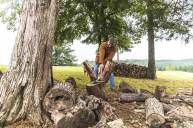Be on the alert for these five things when looking for a hunting property.
It's a dream for every veteran hunter out there to find and purchase a piece of land for their own to hunt on. Ever since we began to hunt as a youth we've dreamed of having our own hunting property to use in any way that we see fit, but choosing that land comes with some research.
Seeing a "hunting land for sale" sign is only the beginning of your search for that perfect piece of recreational property. Sure, you will already be aware of what it is you are looking for such as river frontage, whether it is tillable land, or even proximity to public lands, but eventually you're going to have to get out of the truck and see it for yourself.
Real estate prices being what they are in great hunting states like Missouri, New York, and Wisconsin the potential buyer still needs to be aware of more than just the cost of the land they want. Prime hunting land comes with certain great property features and some terrific looking parcels may not have what it takes to truly give you what you ultimately want.
1. Too Much Hardwoods
Approximately 60 to 70 acres of beautiful hardwoods may get you some interest from the local logging company, but open woods such as these are strictly transition areas for game animals like whitetail deer. Even with the draw of mast such as acorns, hickory, or even beechnuts, deer still only use open woods as travel corridors.
Pheasants rarely are seen in these woods and waterfowl are nonexistent. For grouse hunters, you are going to have to have aspen, pine, and other softer woods for food and cover. Just having a great stand of trees for your favorite treestand is not enough.
2. Too Much Water
For waterfowl hunters, can there be such a thing? Maybe not, but the fact remains that you are buying hunting property and not a fishing lake. Even at that, simply having open water is not enough to draw migrating mallards, early season teal, or wood ducks. You will still need areas to that include food and shelter such as wild rice or reeds to bring them in, along with an adequate area for your blind.
For the deer hunting crowd, swampy areas draw big bucks like no other, but if it has mostly water at any depth they will avoid it for the most part. Having a perpetually wet hunting area is replete with issues such as where to place food plots or where to use an ATV (short of an Argo).
3. Difficult Access
It may seem obvious, but it wouldn't be the first time that a decent piece of hunting land was landlocked by other adjacent properties. Depending on your neighbors, you may have to share access roads, parking, and even water rights. You may find land that offers everything you were looking for, but not everything is exactly as it seems. Find these things out before you commit to buying.
4. The Wrong Kind of Neighbors
As Robert Frost once wrote, "Good fences make good neighbors."
With that in mind, the land you may be looking at will most likely be surrounded by others in the hunting community, but the fact remains that a posted sign on every tree facing your property might be the only communication that you ever get from them.
Some good questions that you will need to answer are do they use their property all year, such as a shooting range or for camping? Do they log it? Or do they allow for natural growth and give it a chance to flourish?
Private property owners can use their own land as they see fit and it may not coincide with your dreams of a hunting getaway.
5. Sheer Beauty, with Little Else
Even if the land is attractive to you, is it attractive to the animals you hope to hunt and the food sources those animals need to survive and thrive? This can be especially true if it or the adjacent land overlooks a river valley, lake, or even a mountain range.
It may be a great spot for your dream home, but not for a treestand. Without the proper cover, food, and water, game animals will pass through without stopping.
Other Considerations
Open land, agricultural farming, and possible future development can all be factors that you will need to contemplate before you spend your hard-earned money on a piece of hunting land. Near-term hunting opportunities are what you are looking for, but buying a rural property for recreational land has another consideration: your children and your grandchildren.
They may want it for timberland, for use as a whitetail property, or as a spot to offer leases, but you should have a real deliberation as to what it is you are leaving them someday.
Looking for a new way to display those antler sheds? Go to Rack Hub and use the coupon code Craiger. Be sure to follow my webpage, or on Facebook and YouTube.
NEXT: GREAT BIG GALLERY OF VELVET BUCKS HARVESTED THIS SEASON




